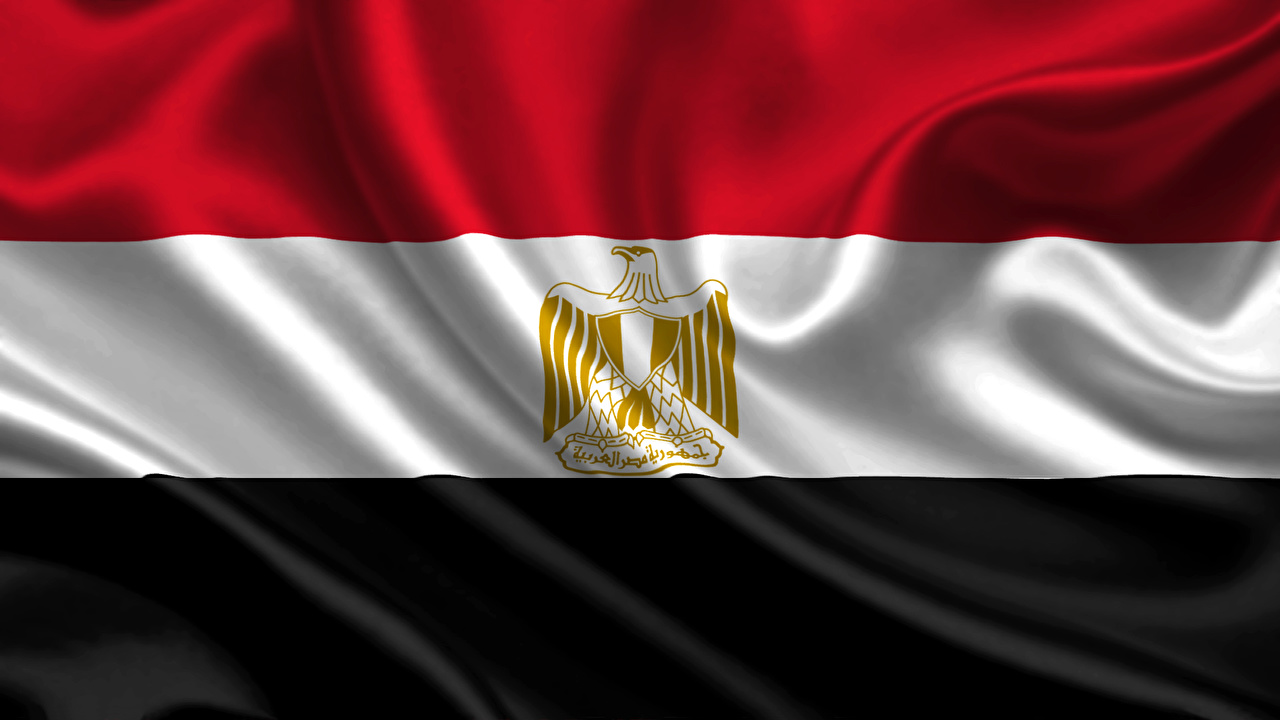World Bank concludes 5-day visit to Egypt to discuss support amid impact of Ukrainian war

In a press release on Thursday, the international lender expressed its commitment to support Egypt’s development priorities.
The visit included meetings with Prime Minister Mostafa Madbouly, the World Bank Governor for Egypt and International Cooperation Minister Rania Al-Mashat, Foreign Minister Sameh Shoukry, and Supply and Internal Trade Minister Ali Moselhi.
During the meetings, the delegation discussed the WB’s role in supporting the country’s development priorities, measures to mitigate the impact of the war in Ukraine on Egypt’s economy, and the World Bank Group’s support for COP27, hosted by Egypt in November.
The WB’s delegation, which included the Board of Executive Directors, also met representatives of civil society, the private sector, research centres, and young entrepreneurs.
Egypt has requested an investment project financing of $500 million to buy wheat through the Emergency Food Security and Resilience Support Project, according to a document released by the WB.
The proposed project aims to “ensure the short-term supply of wheat for uninterrupted access to bread for vulnerable households and to strengthen Egypt’s resilience to food crises.”
The project would consist of three components to provide a balance between short-term response and medium-term resilience to food crises, with the first of which requiring $380 million for emergency response measures.
The first component, according to the World Bank, aims specifically to address the shortfall in imports of wheat and to minimise the disruptions in the bread subsidy programme, and will also be used to finance the public procurement of up to 700,000 tons of imported wheat.
“This short-term emergency wheat supply, made available through the project, will contribute to replenishing the country’s strategic reserves,” read the document.
The second component requires $117.5 million for strengthening preparedness and response to shocks, and would be used to reduce wheat losses, improve domestic cereal production and strengthen farm-level resilience and preparedness to shocks, said the WB.
The final component requires $2.5 million for project and knowledge management, according to the document.
Egypt, one of the world’s biggest wheat importers, received 80 percent of its wheat imports from Russia and Ukraine last year due to its high quality, competitive pricing and the two countries’ geographical proximity.
Ever since the disruption in the supply of Black Sea wheat after the Russia-Ukraine war broke out on 24 February, Egypt has scrambled to find viable import alternatives to secure the strategic commodity.
Annually, Egypt spends tens of billions of pounds to secure nearly 20 million tons of local and imported wheat, a key strategic commodity for the production of loaves of bread – a staple food for tens of millions of Egyptians.
Last week, the General Authority for Supply Commodities (GASC), Egypt’s grain buyer, announced the country’s largest wheat purchase since the start of the Russian invasion of Ukraine in late February.
According to GASC, it purchased in an international tender 175,000 tons from Russia, 240,000 tons from Romania and 50,000 tons from Bulgaria.
On the other hand, Egypt has received over 3 million tons of wheat from local farmers since the start of harvest season in early April, which amounts to slightly over half the quantity the country targets from local market.
Egypt has also agreed to buy half-a-million tons of wheat from India, according to Reuters.
The supply and internal trade minister said on Thursday that Egypt has strategic wheat reserves sufficient until the end of this year.
The country also has strategic reserves of sugar sufficient for five months, vegetable oils for six months, and rice for more than three months, he added in remarks to Reuters.
Read also
Ukraine is ready to help Syria prevent food crisis – Zelenskyy
Join with the EARLY RATE – 22 International Conference BLACK SEA GRAIN.EUROP...
Brazil sugar output decreased by 23% — Unica
Algeria imposes a complete ban on durum wheat imports in 2025
Weather in Brazil and Argentina remains favorable for the future harvest of soybea...
Write to us
Our manager will contact you soon



